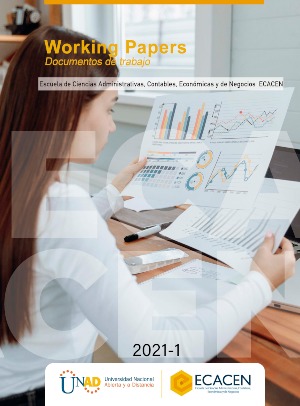Legal framework agroindustrial uses of coca leaf in the indigenous communities of the department of Cauca from a legal context and in the frame of the post-conflicto era
This document is a preliminary result of an investigation on experiences of the licit agro-industrial uses of the coca leaf, where the successful cases of productive activities present in the indigenous communities of the department of Cauca will be highlighted. According to reports in the last five years in the department of Cauca, there has been a significant growth of coca cultivation, adding the indigenous and agrarian character that characterizes this department, with the ancestral significance that coca has for the communities that here they live, their food, medicinal and cultural customs; Scientific studies show the beneficial qualities of the plant, thus generating the need and interest to propose this research from an innovation and development perspective for the country in general. In this context, it is necessary to propose a legal framework that allows to identify the legal floor that the microenterprise initiatives have to present and the viability of permanence and development of these within the Colombian context. A tour is made of the legislation on the subject, from the beginning of the recognition of the cultivation of the coca bush to the recognition of its uses as a raw material for food and medicinal products. Subsequently, this legal framework will give way to field research to identify the progress of business initiatives and be able to analyze how from the legal context this may be viable or what steps are required to be carried out so that these initiatives become a legal and recognized productive alternative both in the department of Cauca and in the country in general.




